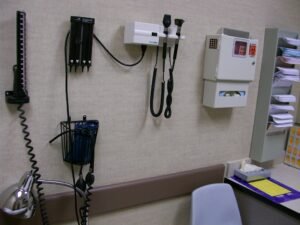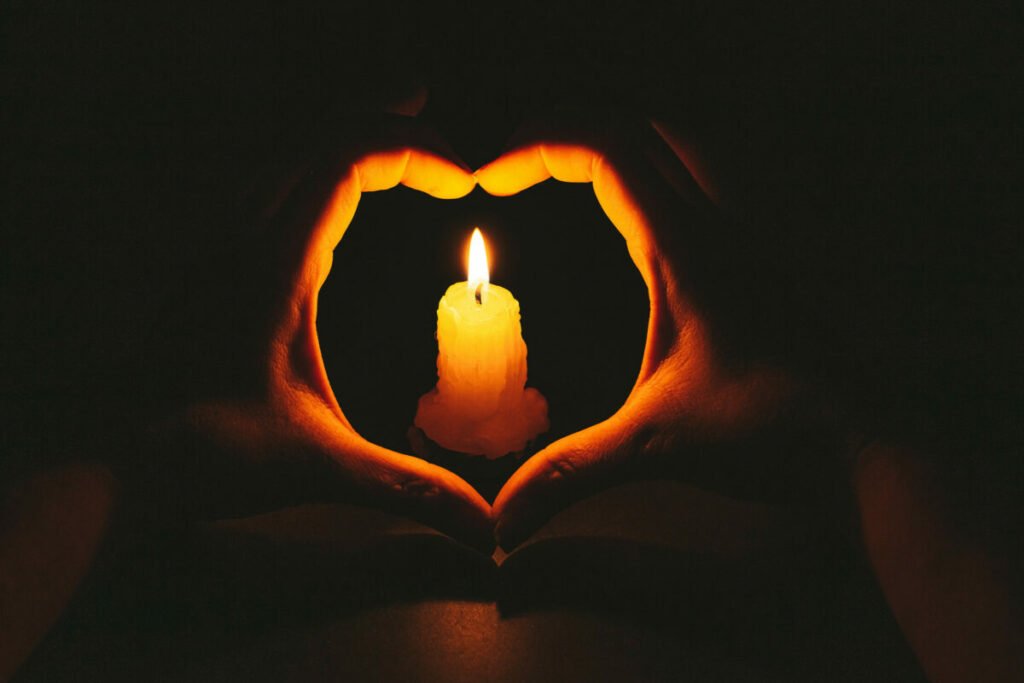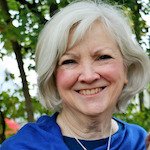Linda Berkery is the 2nd place winner of Streetlight‘s 2023 Essay/Memoir Contest
Ten years ago, I was the one with memory loss. I was repeating questions in a loop. What day is it? Oh, Sunday. What did I do today? My husband called an ambulance and I was wheeled to the MRI tunnel. Since there was no sign of stroke, and my memory returned, I soon had a diagnosis, Transient Global Amnesia, and a warning from the neurologist. “You can’t get those memories back, no matter how much you try, so don’t try.”
The frightening but fascinating day of sudden memory loss eventually faded. I deleted my online research about memory and returned the library books. But, in 2020, I gradually noticed my husband and I had reversed roles. I was becoming the memory keeper.
During COVID’s first summer, my husband was unable to swim at the local YMCA, so we drove to a private club.
Jack came out grinning. “They have room for me.” Leaning on our Honda Civic, he completed paperwork and handed a check to the teen on duty.
Two days later he said, “What pool?”
Once again I searched articles about memory. Does Jack realize his memory loss is increasing? Should I tell him? To release stress, I would blast the Beatles and remember our early days.
Jack and I met at a New Year’s party when we were fifteen. Our dance ended with a kiss welcoming 1964. On January 19th, Jack asked me to be his steady and gave me a locket from Woolworths engraved, A Date to Remember. We entered our tunnel of love and never left. I always knew we would share memories from dating years, but I didn’t realize how precious they would become.
I finally sought medical advice in April 2021. “Could Jack’s heart be causing memory loss? Or years on blood thinners?”
“Not likely, our cardiologist said, “but get a look at the brain, see where that leads.”

I slumped in the car and searched neurologists while Jack drove home. I never had time to make an appointment. As I opened the garage door, I heard a voicemail in progress and raced to pick up the phone. The cardiologist was giving an update. Tests showed that Jack had developed a thoracic aneurysm, a puff pastry on his ascending aorta. So delicate. So dangerous. He would need open heart surgery—thirty years after his first one.
Memory loss doesn’t go away when other problems arise. By summer we found ourselves burrowing through both tunnels: memory mud and heart health.
I was still glued to the possibility of blaming Jack’s heart for memory loss. Hearts were familiar—here’s the problem, here’s how it’s fixed.
In July of 1991, Jack had open heart surgery at age forty-three. A St. Jude mechanical valve, named after the patron of impossible causes, replaced his damaged aortic valve.
I tried to remember how health could change in a moment. But as we aged, other things took priority over simple delights like holding hands. Rocker recliners replaced snuggling on a love seat.
“Hearts can be fixed,” I told Jack. “We’ve done this before. I’m not worried.”
It wasn’t exactly true. The aneurysm could rupture, but I was more afraid of memory loss.
Stuck in alarm mode, I began to take advice from a sixteenth century saint. Every night I read the same passage by St. Frances de Sales. “Do not look forward to the changes and chances of this life in fear . . . put aside all anxious thoughts and imaginations.”
As memory keeper, I tried to follow the wisdom. But each evening as I stroked Jack’s head, the worries swung wide. Is there a bulge in your head to match the one in your heart? What if memory doesn’t improve after surgery?
I felt we should be doing something important and speaking about important things—just in case. Instead, we watched cardinals out the window, held hands like teenage lovers.
At four in the morning on July 6th, our alarm rang. A hug and a kiss. I put my tarnished locket on a chain and clasped it around my neck, A Date to Remember. Since I was not allowed to stay at the hospital, I went home and fingered my locket like a rosary bead.
The phone rang during an afternoon thunder storm. “The operation was successful. But recovery will be harder for a second timer.”
And it was. Exhaustion replaced holding hands. Crankiness replaced tenderness.
One morning I found Jack refolding the T-shirts I just placed in his drawer.
“What are you doing?” I asked.
“I just need some control.”
By October, Jack’s heart was healed. But it was not the cause of memory loss. Memories were still melting. Stress leaked through my eyes. Yet we didn’t speak about this loss, we argued over nonsense: how to puff-up a baked potato, which clothes can go in the dryer. “I can’t do anything right,” was his constant complaint. I learned to silence my teacher voice as we waited again at the door of diagnosis.
“The CT scan doesn’t show tumors or strokes,” the neurologist said. “That’s good. But since Jack can’t have a MRI, because of his mechanical heart valve, we just don’t know. The brain is more complicated than the heart.”
Neurological test results were vague, patterns inconsistent. Jack’s short-term memory loss may—or may not—progress. I was told to look—but not look too hard—for signs of any progression.
“Breathe,” the neurologist said, echoing advice from my sixteenth century saint. “Whatever is good for your heart is good for memory. Live your life now.”

How to live with this uncertainty? I pulled ideas from our teenage past. We puddle hopped in our hometown of Troy, N.Y., and drove to Lake George. “Remember falling asleep on the beach the day after our prom? Sunburns, ouch.”
We curled our long-married bodies on a new love seat and opened a box labeled High School Romance. Drawings scrawled on the back of chemistry tests and paper airplane love letters gave us a good laugh. And it was good to laugh. I hung these memories like fairy lights and kept us busy.
Now I’m in my third year as the memory keeper. Jack has no other cognitive decline, but he cannot retain new information or experiences. When he asks questions, Have I been to this soccer field before? I’ve learned to fill in the background, blending truth with kindness. But only when he asks.
I’ve stopped looking for a light at the end of this tunnel. If I can stay present by remembering the past, I’ll keep these aging days inside our original tunnel of love. Remember the relationship, I tell myself in the mirror each morning. Look how long we’ve loved each other. Look how far we’ve come.

Share this post with your friends.


wow!
Amazing story writing and story. My dad had early unset Alzheimer in his 40’s. I couldn’t help but reflect on that reading your story and wonder. Best to you.
Thank you for your comments, I appreciate your interest. We are still in the days of unknowing. Best regards, Linda